Find Help
More Items From Ergsy search
-
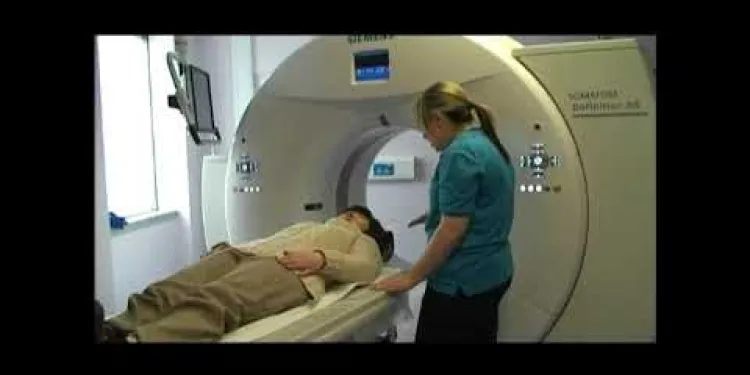
Going For a CT Scan
Relevance: 100%
-
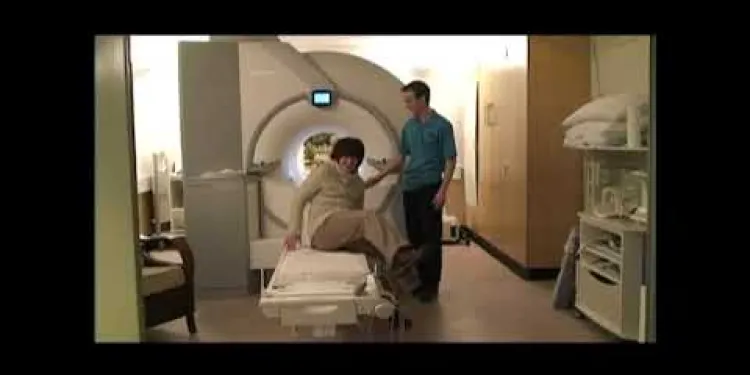
Going for an MRI Scan
Relevance: 95%
-
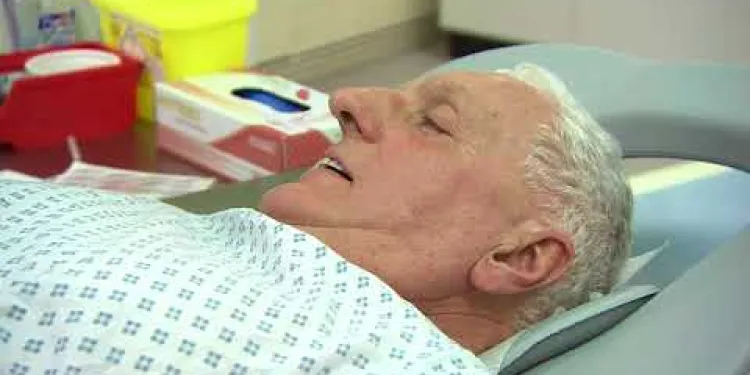
So, you're having a CT scan...
Relevance: 95%
-
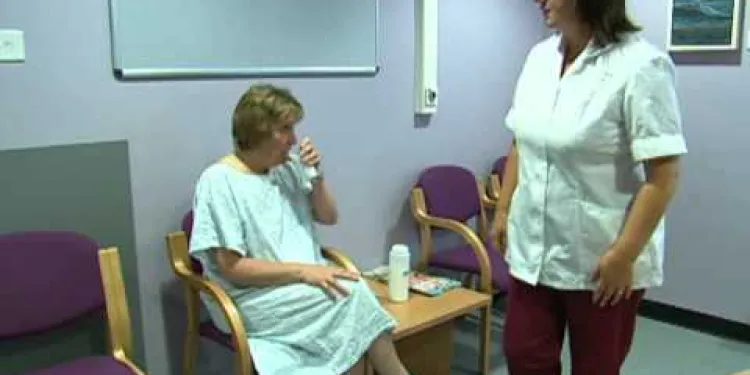
Having a CT Scan in Tayside
Relevance: 95%
-
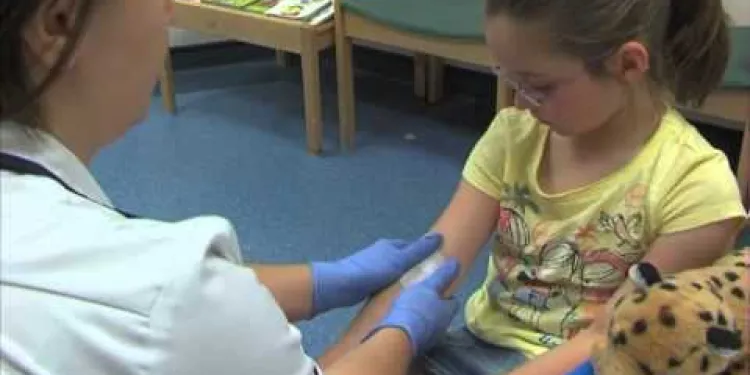
I'm having an MRI scan
Relevance: 95%
-
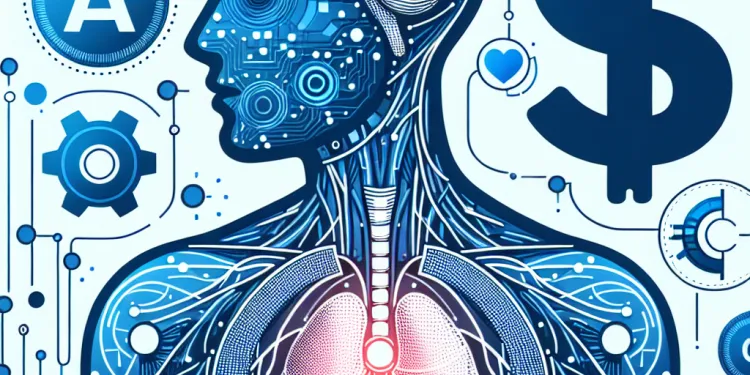
Are AI body scans reliable?
Relevance: 95%
-
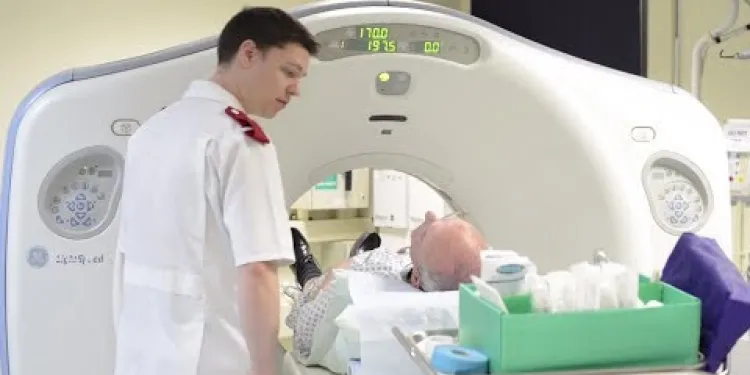
Having a CT scan in Hospital - What's it like having a CT scan at Bedford Hospital?
Relevance: 93%
-
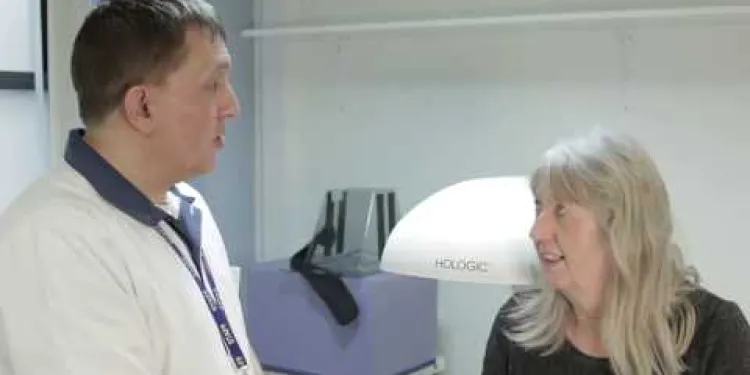
What to expect of a DXA Scan
Relevance: 91%
-
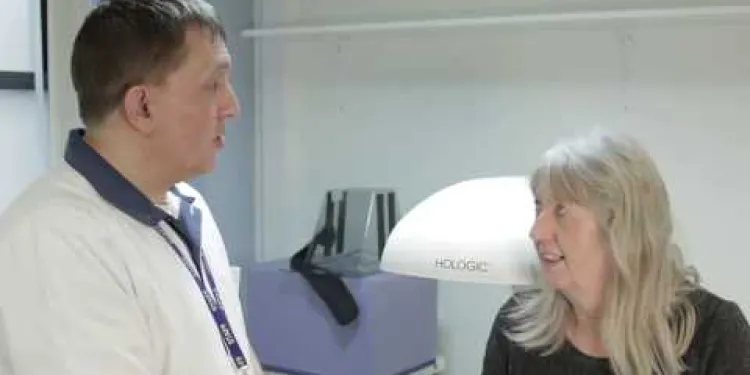
What to expect of a DXA Scan
Relevance: 91%
-
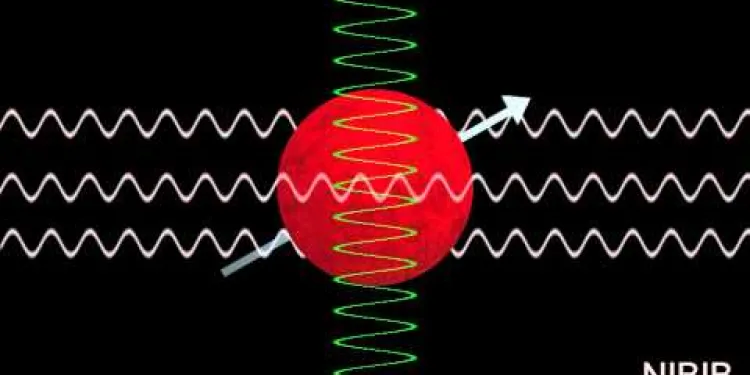
How Does an MRI Scan Work?
Relevance: 87%
-
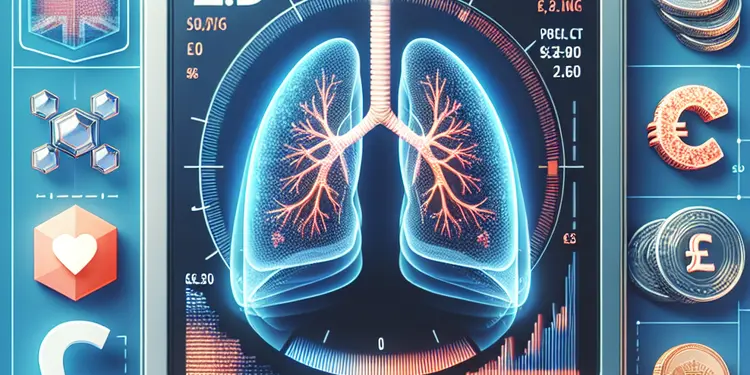
What is a low-dose CT scan for lung cancer?
Relevance: 87%
-
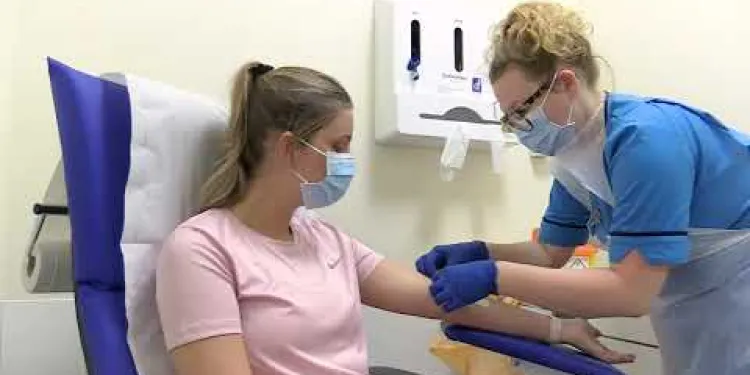
The FDG PET Scan: What to expect
Relevance: 87%
-
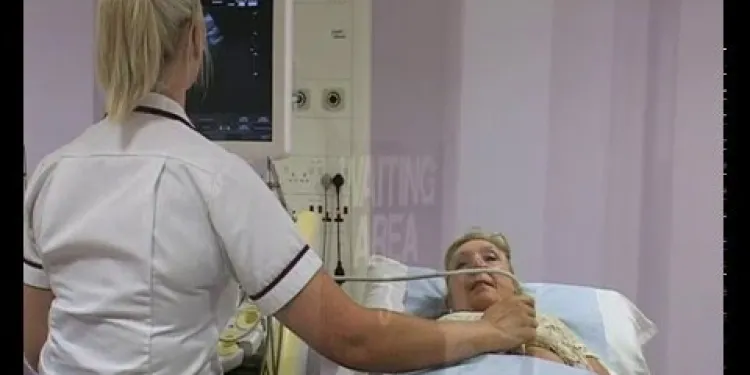
Having an Ultrasound scan at Manchester Royal Infirmary
Relevance: 83%
-
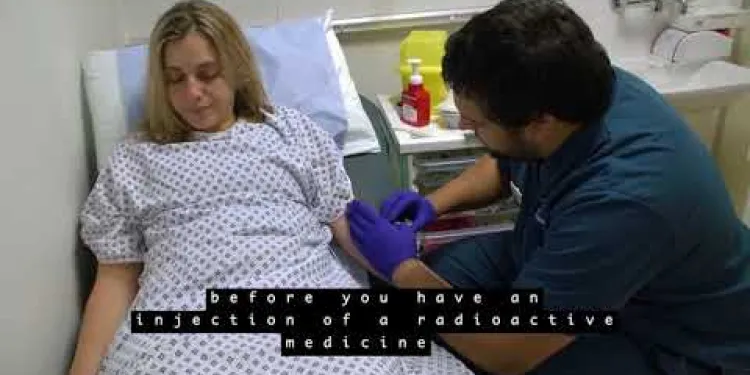
Your PET/CT scan at University College Hospital
Relevance: 83%
-

What is the purpose of a bone scan in prostate cancer treatment?
Relevance: 81%
-
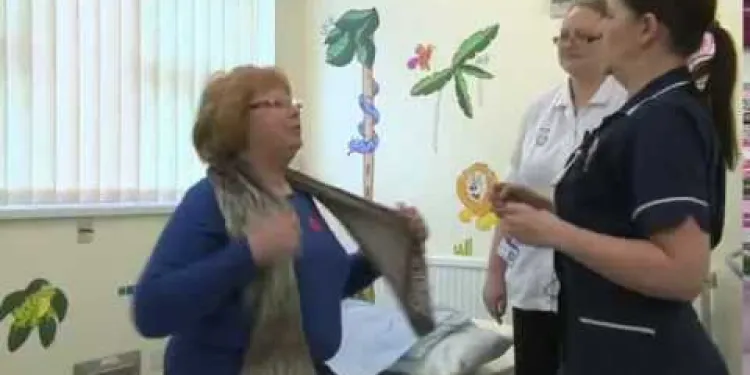
Patient video: What to expect when having a bone scan
Relevance: 78%
-
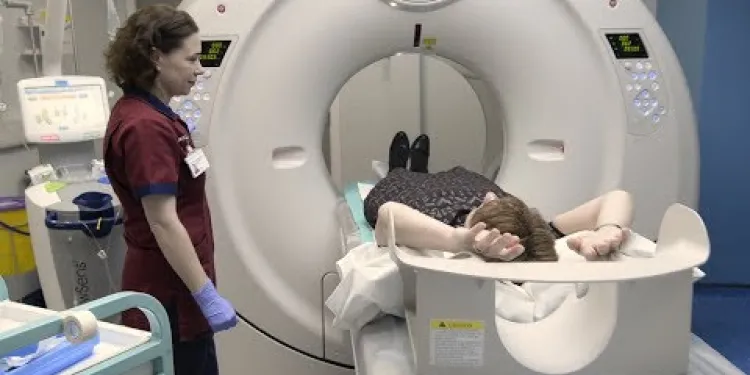
Having a CT Scan at Stoke Mandeville Hospital - Buckinghamshire Healthcare NHS Trust
Relevance: 76%
-
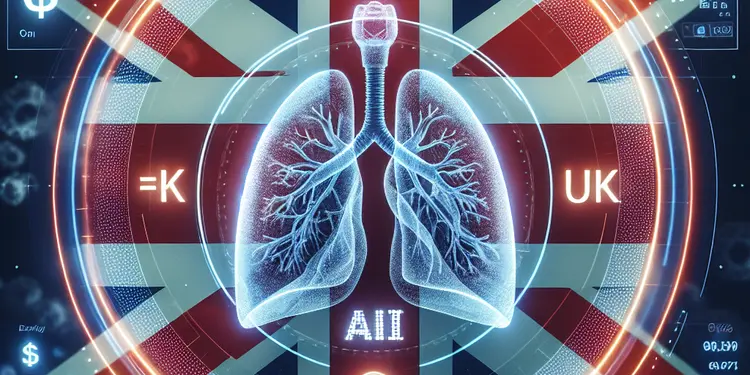
How do AI algorithms detect lung cancer in scans?
Relevance: 75%
-
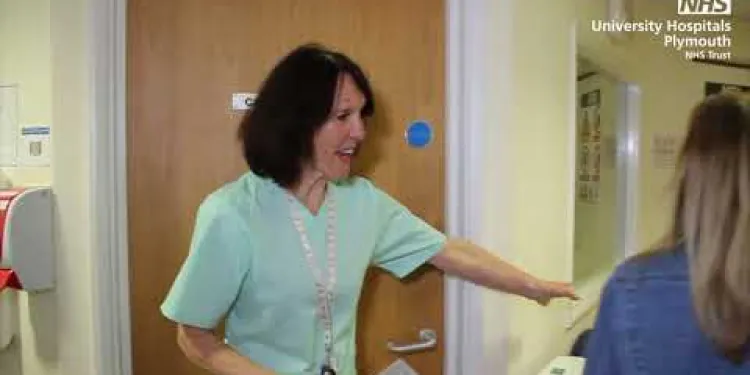
MRI Scanner walkthrough - what to expect at your appointment
Relevance: 42%
-
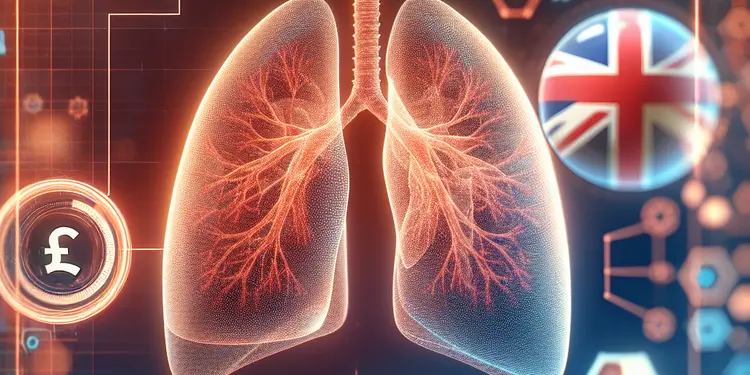
Which types of imaging data are analyzed by AI for lung cancer detection?
Relevance: 35%
-
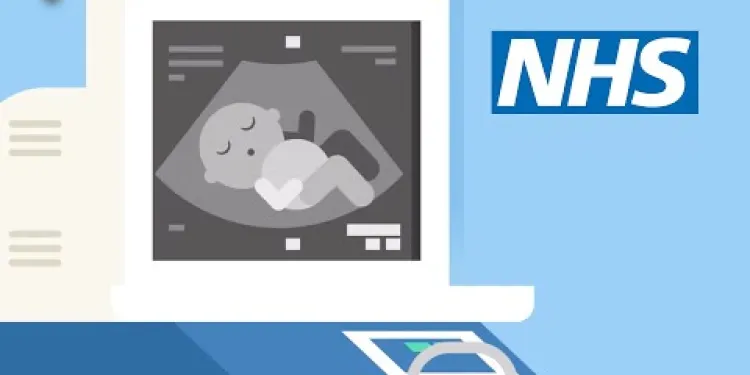
Screening tests for you and your baby | NHS
Relevance: 34%
-
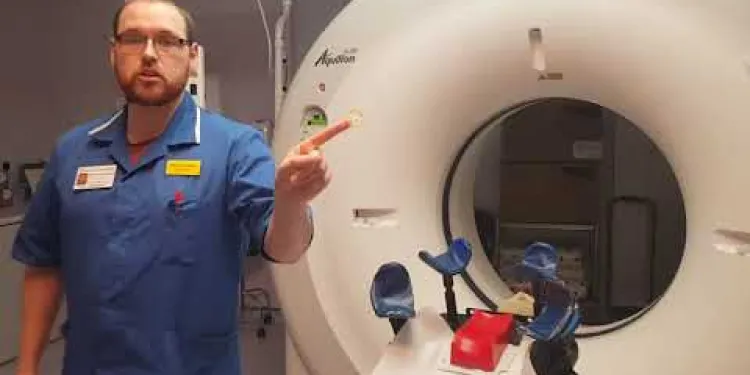
Radiotherapy CT scanner
Relevance: 32%
-
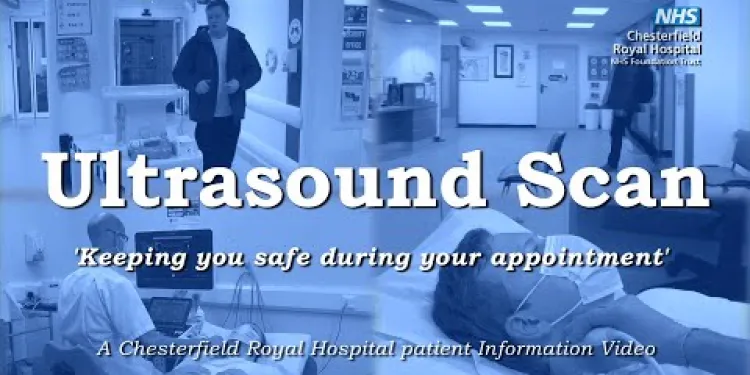
Your Ultrasound Appointment
Relevance: 32%
-

FFR-CT beat invasive conventional coronary angiography says a Cardiologist
Relevance: 31%
-
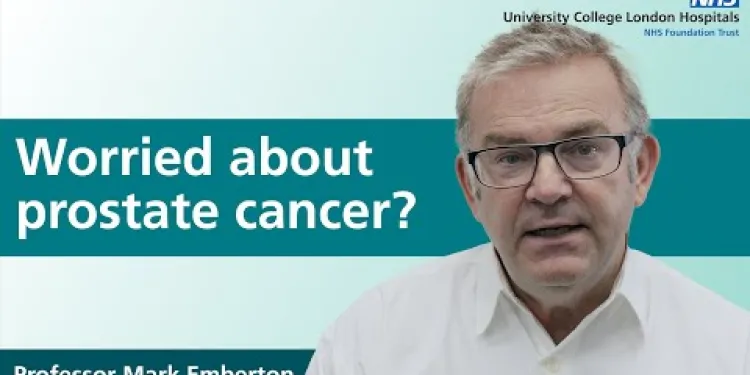
Prostate cancer diagnosis and tests
Relevance: 31%
-
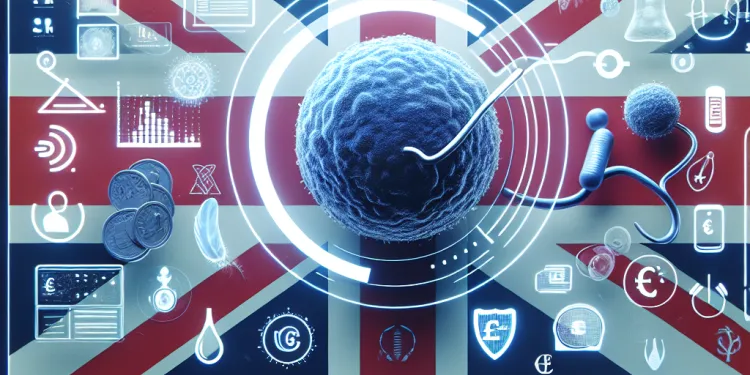
How is testicular cancer diagnosed?
Relevance: 30%
-

Survivor of an Abdominal Aortic Aneurysm rupture appeals for men to take up NHS Screening Programme.
Relevance: 30%
-
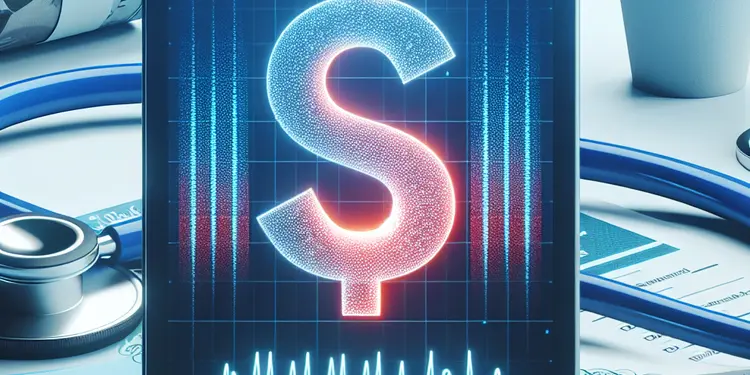
What medical tests are used to diagnose whiplash?
Relevance: 28%
-
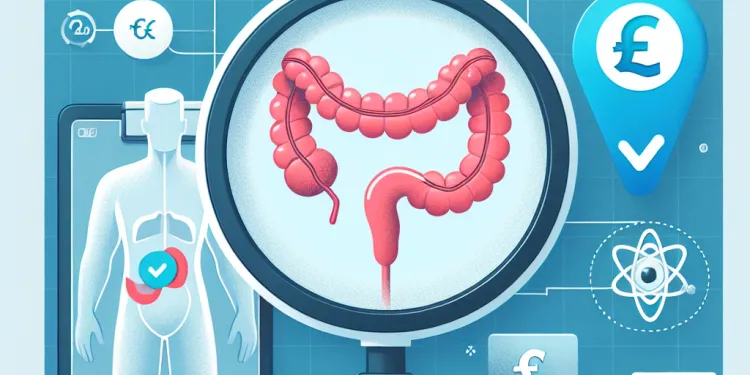
How is appendicitis diagnosed?
Relevance: 28%
-

How can I secure my email after a hack?
Relevance: 26%
-

What should I do if I suspect my email has been compromised through phishing?
Relevance: 26%
-
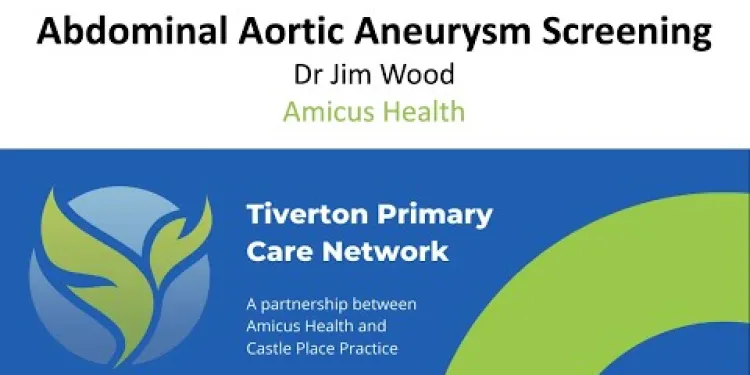
NHS Abdominal Aortic Aneurysm (AAA) Screening
Relevance: 25%
-
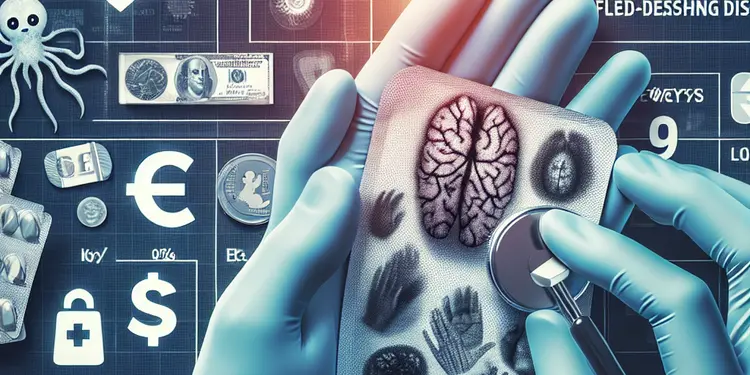
How is flesh-eating disease diagnosed?
Relevance: 24%
-
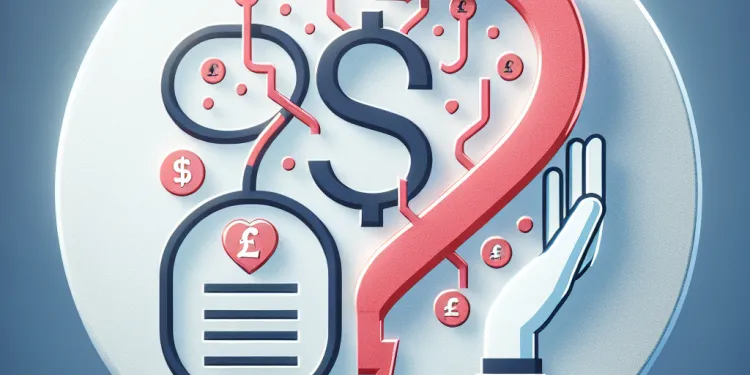
How is thrombosis diagnosed?
Relevance: 24%
-

Should I use antivirus software on my mobile phone?
Relevance: 23%
-
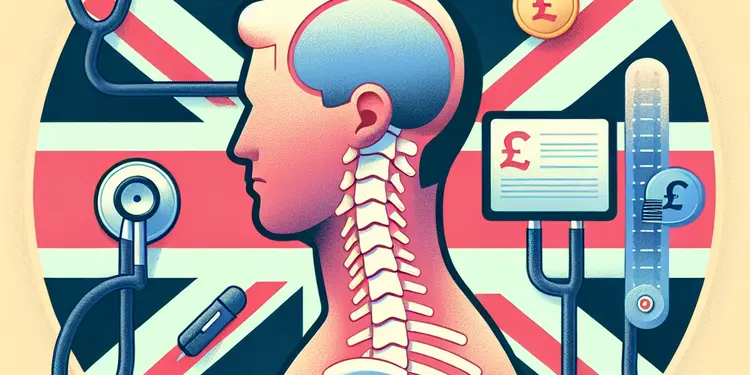
How is whiplash diagnosed?
Relevance: 23%
-
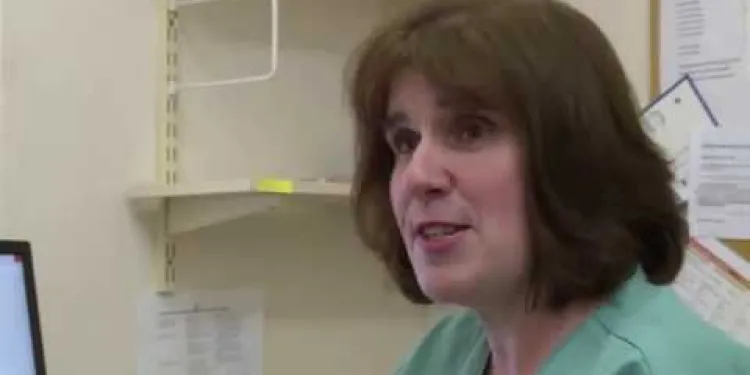
Your abdominal aortic aneurysm (AAA) screening appointment
Relevance: 23%
-

How are AI and Robots used to detect lung cancer?
Relevance: 23%
-
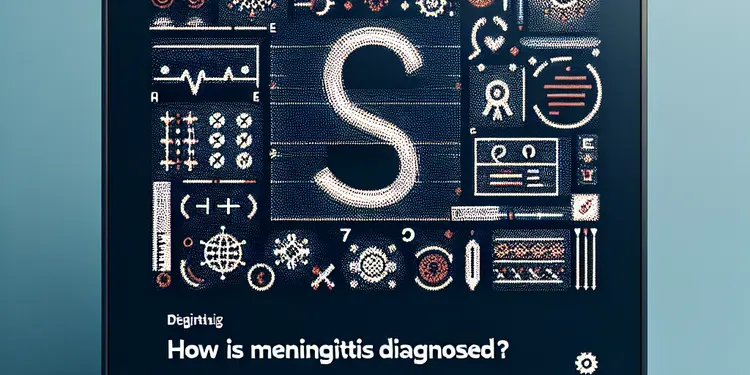
How is meningitis diagnosed?
Relevance: 22%
-
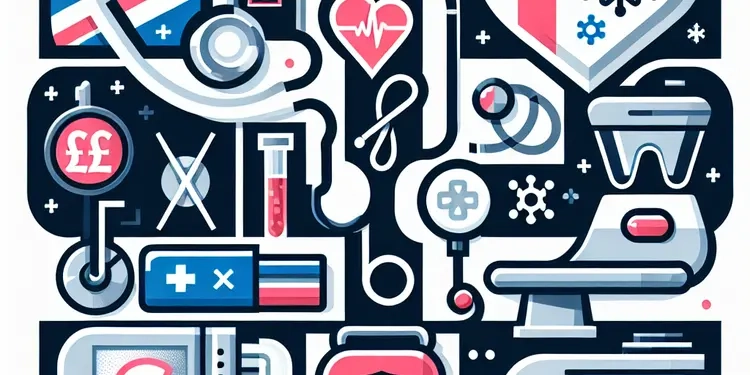
What kinds of cancer screening are available?
Relevance: 22%
Having a CT Scan at Stoke Mandeville Hospital - Buckinghamshire Healthcare NHS Trust
Introduction to CT Scans
A CT (computed tomography) scan is a medical imaging procedure that uses specialized X-ray equipment to create detailed images of the inside of the body. This technology is valuable in diagnosing a variety of conditions and planning appropriate treatments. For patients of Stoke Mandeville Hospital, part of the Buckinghamshire Healthcare NHS Trust, CT scans are an important diagnostic tool.
Preparing for Your CT Scan
Before your CT scan, you will receive specific instructions from the healthcare team at Stoke Mandeville Hospital. These may include fasting for a few hours before the scan, especially if a contrast dye will be used. The contrast dye helps to highlight certain areas of your body during the imaging process. Wear comfortable clothing and avoid wearing any metal objects that may interfere with the scan. Pre-scan information will be provided to ensure you are fully prepared.
During the CT Scan
Once you arrive for your appointment, our friendly staff will guide you through the process. You will lie on a special scanning table connected to the CT scanner. The table will slowly move through a large, doughnut-shaped machine. You may be required to hold your breath for a few seconds to ensure clear images are captured. The procedure is painless and typically takes between 10 to 30 minutes.
After the CT Scan
After your scan, you can usually resume your normal activities immediately. If contrast dye was used, it is advised to drink plenty of fluids to help flush it out of your system. The radiologist will review your images and work with your doctor to discuss the next steps. Results will be communicated to you promptly, along with any follow-up actions that might be necessary.
Contact and Support
If you have any questions or concerns about your upcoming CT scan, the support team at Stoke Mandeville Hospital is available to assist you. Do not hesitate to reach out to the Buckinghamshire Healthcare NHS Trust through their dedicated patient helpline or visit their website for additional resources and contact information.
Our priority is to ensure that you receive the best care possible in a comfortable and supportive environment.
Having a CT Scan at Stoke Mandeville Hospital - Buckinghamshire Healthcare NHS Trust
Introduction to CT Scans
A CT scan is a special kind of X-ray that takes pictures of the inside of your body. It helps doctors find out what is wrong and how to help you feel better. At Stoke Mandeville Hospital, we use CT scans to help our patients.
Preparing for Your CT Scan
Before your scan, the hospital staff will tell you what to do. You might need to stop eating for a few hours if you will have a special dye. This dye helps the pictures come out clearer. Wear comfy clothes and leave metal things at home. This will help the scan go smoothly.
During the CT Scan
When you come for your scan, our nice staff will help you. You will lie down on a table. The table moves slowly through a big, round machine. You might need to hold your breath for a short time to get good pictures. The scan does not hurt and takes about 10 to 30 minutes.
After the CT Scan
When the scan is done, you can go back to your normal day. If you had the dye, drink lots of water to help it leave your body. A doctor called a radiologist will look at your pictures. They will talk to your doctor about what to do next. You will get your results soon after.
Contact and Support
If you have questions, the team at Stoke Mandeville Hospital is here to help you. You can call the hospital’s patient helpline or check their website for more help and contact details.
We want to make sure you get the best care in a safe and friendly place.
Frequently Asked Questions
What is a CT scan?
A CT (Computed Tomography) scan is a medical imaging procedure that uses specialized X-ray equipment to create detailed images of the inside of your body. It helps doctors diagnose and monitor various conditions.
How do I prepare for my CT scan?
Preparation for a CT scan can vary, but you may be asked to avoid eating or drinking for a few hours before the scan. Specific instructions will be provided to you when your appointment is scheduled.
Will I need to remove my clothing for the CT scan?
You may be asked to change into a hospital gown and remove any metal objects such as jewellery or glasses, as these can interfere with the imaging process.
What should I do if I am claustrophobic?
If you are claustrophobic, please inform the radiology department when scheduling your appointment. They may provide sedation options or other accommodations to help manage your anxiety.
How long does a CT scan take?
The actual scanning time can be as short as a few minutes. However, your entire visit, including preparation, may take around 30 minutes to an hour.
Is a CT scan safe?
CT scans are generally safe and the risk from radiation exposure is minimal. The benefits of an accurate diagnosis often outweigh the risks. If you have concerns, please discuss them with your doctor.
Can I drive home after my CT scan?
Yes, in most cases you can drive home after a CT scan unless you have been given a sedative or contrast agent that could affect your ability to drive.
What is a contrast agent and why might I need it?
A contrast agent is a special dye that may be used during a CT scan to highlight specific areas inside your body, providing clearer images. It can be administered orally or through an IV.
Are there any side effects from the contrast agent?
Most people do not experience side effects from the contrast agent, though some may have a mild reaction such as a feeling of warmth or a metallic taste in the mouth. Allergic reactions are rare but possible; you should inform the radiologist if you have had a reaction to contrast agents in the past.
Can I eat and drink normally after the CT scan?
Yes, you can usually eat and drink normally after your CT scan unless instructed otherwise by your doctor.
When will I receive my CT scan results?
Your CT scan results will be reviewed by a radiologist and sent to your referring doctor, who will discuss the results with you. This process can take several days.
Can I bring a friend or family member with me?
Yes, you can bring a friend or family member with you, but they may not be allowed in the scanning room during the procedure for safety reasons.
What if I am pregnant or think I might be pregnant?
If you are pregnant or think you might be pregnant, notify the radiology department prior to your scan. CT scans use X-rays, which can be harmful to an unborn baby, and alternative imaging methods may be considered.
Is there any special care required after the CT scan?
Generally, no special care is required after a CT scan. However, if you received a contrast agent, you may be advised to drink plenty of fluids to help flush it out of your system.
How do I schedule a CT scan at Stoke Mandeville Hospital?
To schedule a CT scan at Stoke Mandeville Hospital, you will generally need a referral from your GP or specialist. They will coordinate with the radiology department to book your appointment.
What is a CT scan?
A CT scan is a special kind of picture that doctors take of the inside of your body. They use a big machine that looks like a big donut. You lie down and the machine takes pictures. This helps doctors see if everything is okay inside your body.
If you find reading hard, you can ask someone to read to you. You can also use a tool that reads text out loud.
A CT scan is a special kind of X-ray. It takes pictures of the inside of your body. Doctors use it to find out what is wrong and to see how you are getting better.
How can I get ready for my CT scan?
Before you have a CT scan, there are some things you might need to do. You might be told not to eat or drink for a few hours before the scan. You will get special instructions when your appointment is made.
Do I need to take off my clothes for the CT scan?
A CT scan is a special picture of the inside of your body. You might need to take off some clothes, but not all the time. Wear loose clothes if you can.
Here are some tips to help:
- Ask the doctor if you need to change clothes.
- They might give you a gown to wear.
- Listen carefully to what the nurse or doctor tells you.
- If you feel nervous, you can talk to someone about it.
You might need to put on a hospital gown. You will also need to take off metal things like jewelry or glasses. These can get in the way of the picture taking.
What can I do if small spaces scare me?
Do you feel scared in small spaces? Here are some ways to feel better:
- Breathe slowly: Take deep breaths in and out.
- Think happy thoughts: Imagine a place you like.
- Bring a buddy: Ask a friend to come with you.
- Listen to music: Enjoy songs that make you happy.
- Talk to someone: Tell a grown-up how you feel.
These tips might help. Remember, you are not alone.
If you are scared of small spaces, tell the hospital when you book your scan. They can help you feel better with special medicine or other ways to calm you down.
How long is a CT scan?
A CT scan usually takes about 10 to 30 minutes.
Tips if you need help:
- Ask someone to explain what will happen.
- Bring a friend or family member for support.
- Use pictures or videos to understand better.
The scan itself only takes a few minutes. But your whole visit could take 30 minutes to an hour because of getting ready.
Is a CT scan safe?
A CT scan is a special type of X-ray. Doctors use it to see inside your body. CT scans help doctors find out what's wrong.
CT scans are usually safe. They use a little bit of radiation, which is a kind of energy. This is usually not harmful. But doctors are careful and use it only when needed.
If you are worried, tell your doctor. They can explain why you need it. They might use another way to check, like an ultrasound.
Ask a friend or family member to go with you if you feel scared. Talking to someone you trust can help.
CT scans are safe. The chance of problems from the x-ray is very small. Finding out what is wrong with you is often more important than worrying about the x-ray. If you are worried, talk to your doctor.
Can I drive home after my CT scan?
Here is some information to help you:
- A CT scan is a special picture of the inside of your body.
- You might be given medicine to help you feel calm during the scan. This is called a sedative.
- If you get a sedative, you should not drive home. Ask someone to pick you up.
- If you do not get a sedative, you can usually drive home.
- Check with your doctor or nurse to be sure.
Getting ready for your CT scan:
- Read information about the scan.
- Ask questions if you do not understand.
- Write down anything important you need to remember.
Yes, you can usually drive home after a CT scan. But if you got medicine to help you relax or a special dye, you might not be able to drive safely.
What is a contrast agent and why might I need it?
A contrast agent is a special dye. It helps doctors see inside your body. You might need it for better pictures during a scan. The pictures show more details with the contrast agent.
You can ask the doctor to explain the scan. You can also use tools like videos or pictures to help understand.
A contrast agent is a special dye that helps doctors see inside your body better during a CT scan. It makes pictures clearer. You might swallow it or get it through a needle in your arm.
Do contrast agents cause any problems?
Sometimes, the special dye used in scans can cause some problems.
- A few people might get a rash or feel itchy.
- Some might feel sick or vomit.
- If you feel strange after a scan, tell someone like a doctor or nurse.
Support tools:
- Bring a family member or friend to help you understand and remember what you hear at the doctor's office.
- Use simple picture guides about medical tests to help you understand what will happen.
Most people do not feel bad after getting the special dye for the test. Some people might feel a little warm or taste metal in their mouth. It's not common to have an allergy to the dye, but it can happen. If you have ever had a problem with the dye before, tell the doctor who is doing the test.
Can I eat and drink like usual after the CT scan?
Yes, you can eat and drink like you normally do after the CT scan. The scan does not change what you can eat or drink.
If you have any questions, you can ask the doctor or nurse. They are there to help you.
Sometimes people might find it helpful to have a friend or family member with them to remember what the doctor says.
Yes, you can eat and drink like normal after your CT scan unless your doctor says not to.
When will I get my CT scan results?
You will get your CT scan results in a few days. The doctor will talk to you about them. Sometimes it can take a bit longer, so do not worry.
Here are some tips to help you:
- Ask the nurse or doctor if you are unsure when you will get your results.
- You can write down your questions so you remember to ask them.
- If you are worried, tell someone you trust.
A special doctor will look at your CT scan pictures. This doctor is called a radiologist. They will send the results to your doctor. Your doctor will talk to you about what they find. This might take a few days.
Can I bring someone with me?
Yes, you can bring a friend or family member with you.
Here are some tips to help:
- Ask someone you trust.
- Tell them why you want them to come.
- Plan how you will travel together.
Yes, you can bring a friend or family member with you. But they might not be able to go into the scanning room with you. This is to keep everyone safe.
You might find it helpful to tell your friend or family member what you are worried about. They can wait for you outside and support you.
What if I am going to have a baby or think I might be?
If you think you might have a baby, you can talk to a doctor or nurse. They can help you know for sure. You can also use a special test from the shop to check.
It is important to see a doctor if you are pregnant. They will help keep you and the baby healthy.
If you have questions, ask someone you trust or call a health service for advice. They can give you information and support.
If you are going to have a scan and you know you are pregnant or think you might be, tell the staff where you are having the scan. This is very important. The scan uses X-rays. X-rays can be bad for a baby inside you. There might be other ways to do the scan that are safer. You can ask them about this.
Do I need to do anything special after the CT scan?
After a CT scan, you usually don't need to do anything special. But if you had a special dye called a contrast agent, it is a good idea to drink lots of water. This helps to remove the dye from your body.
How can I book a CT scan at Stoke Mandeville Hospital?
Do you need a CT scan at Stoke Mandeville Hospital? Here is how you can book it:
- Talk to your doctor: Ask your doctor if you need a CT scan. They will help you decide.
- Get a referral: Your doctor might give you a special paper called a referral. You need this to book your scan.
- Call the hospital: Use the phone to call Stoke Mandeville Hospital. Ask to book a CT scan.
- Write down details: When you call, have a paper and pen ready. Write down the date and time of your scan.
If you need help, ask a family member, friend, or carer to assist you with calling.
To book a CT scan at Stoke Mandeville Hospital, your doctor usually needs to help. Your doctor will talk to the hospital and arrange the date and time for your scan.
Useful Links
Have you found an error, or do you have a link or some information you would like to share? Please let us know using the form below.
-->
This website offers general information and is not a substitute for professional advice.
Always seek guidance from qualified professionals.
If you have any medical concerns or need urgent help, contact a healthcare professional or emergency services immediately.
Some of this content was generated with AI assistance. We’ve done our best to keep it accurate, helpful, and human-friendly.
- Ergsy carfully checks the information in the videos we provide here.
- Videos shown by Youtube after a video has completed, have NOT been reviewed by ERGSY.
- To view, click the arrow in centre of video.
- Most of the videos you find here will have subtitles and/or closed captions available.
- You may need to turn these on, and choose your preferred language.
- Go to the video you'd like to watch.
- If closed captions (CC) are available, settings will be visible on the bottom right of the video player.
- To turn on Captions, click settings .
- To turn off Captions, click settings again.
More Items From Ergsy search
-

Going For a CT Scan
Relevance: 100%
-

Going for an MRI Scan
Relevance: 95%
-

So, you're having a CT scan...
Relevance: 95%
-

Having a CT Scan in Tayside
Relevance: 95%
-

I'm having an MRI scan
Relevance: 95%
-

Are AI body scans reliable?
Relevance: 95%
-

Having a CT scan in Hospital - What's it like having a CT scan at Bedford Hospital?
Relevance: 93%
-

What to expect of a DXA Scan
Relevance: 91%
-

What to expect of a DXA Scan
Relevance: 91%
-

How Does an MRI Scan Work?
Relevance: 87%
-

What is a low-dose CT scan for lung cancer?
Relevance: 87%
-

The FDG PET Scan: What to expect
Relevance: 87%
-

Having an Ultrasound scan at Manchester Royal Infirmary
Relevance: 83%
-

Your PET/CT scan at University College Hospital
Relevance: 83%
-

What is the purpose of a bone scan in prostate cancer treatment?
Relevance: 81%
-

Patient video: What to expect when having a bone scan
Relevance: 78%
-

Having a CT Scan at Stoke Mandeville Hospital - Buckinghamshire Healthcare NHS Trust
Relevance: 76%
-

How do AI algorithms detect lung cancer in scans?
Relevance: 75%
-

MRI Scanner walkthrough - what to expect at your appointment
Relevance: 42%
-

Which types of imaging data are analyzed by AI for lung cancer detection?
Relevance: 35%
-

Screening tests for you and your baby | NHS
Relevance: 34%
-

Radiotherapy CT scanner
Relevance: 32%
-

Your Ultrasound Appointment
Relevance: 32%
-

FFR-CT beat invasive conventional coronary angiography says a Cardiologist
Relevance: 31%
-

Prostate cancer diagnosis and tests
Relevance: 31%
-

How is testicular cancer diagnosed?
Relevance: 30%
-

Survivor of an Abdominal Aortic Aneurysm rupture appeals for men to take up NHS Screening Programme.
Relevance: 30%
-

What medical tests are used to diagnose whiplash?
Relevance: 28%
-

How is appendicitis diagnosed?
Relevance: 28%
-

How can I secure my email after a hack?
Relevance: 26%
-

What should I do if I suspect my email has been compromised through phishing?
Relevance: 26%
-

NHS Abdominal Aortic Aneurysm (AAA) Screening
Relevance: 25%
-

How is flesh-eating disease diagnosed?
Relevance: 24%
-

How is thrombosis diagnosed?
Relevance: 24%
-

Should I use antivirus software on my mobile phone?
Relevance: 23%
-

How is whiplash diagnosed?
Relevance: 23%
-

Your abdominal aortic aneurysm (AAA) screening appointment
Relevance: 23%
-

How are AI and Robots used to detect lung cancer?
Relevance: 23%
-

How is meningitis diagnosed?
Relevance: 22%
-

What kinds of cancer screening are available?
Relevance: 22%


